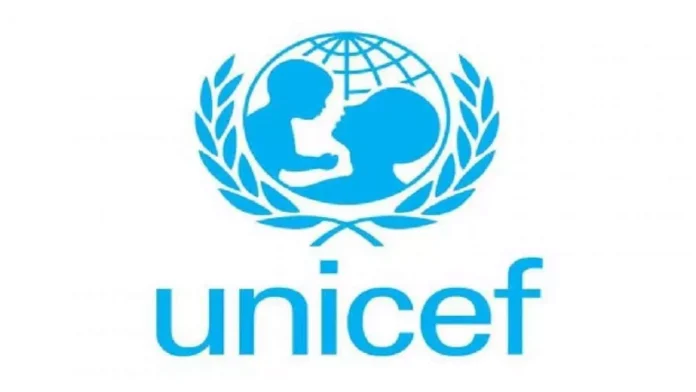The United Nations Children’s Fund (UNICEF) has urged families, schools, and other stakeholders to help young girls who dropped out of school due to pregnancy concerns finish their studies.
Azuka Mentiki, UNICEF Education Specialist, made the request during a two-day stakeholder meeting in Ibadan.
The seminar was arranged to address “Out of School Children (OOSC) and a model for Retention, Transition, and Completion (RTC)” in Nigeria’s Southwest zone.
Commissioners, Chairmen of the States Universal Basic Education Board (SUBEB), civil society representatives, and religious leaders from Lagos, Ogun, Oyo, Ekiti, Osun, and Ondo states were in attendance.
According to Mentiki, 92% of adolescents in the Southwest states complete basic education, while only 85% finish secondary school.
She also expressed UNICEF’s support for addressing such concerns.
She stated that the initiative’s goal was to raise awareness and assist states in developing strategies and policies that would encourage girls to pursue their dreams in the face of these obstacles.
The UNICEF education specialist emphasized the organization’s commitment to ensuring that every child in Nigeria had free access to quality education and stated that stakeholder collaboration was critical to attaining the common objective.
She stated that UNICEF is assisting governments in identifying and addressing the issues that contribute to teenage dropout rates, particularly those who become pregnant by accident in the zone and elsewhere in Nigeria.
She stated, “This does not imply that such support is intended to promote or encourage teenage pregnancy, but rather to demonstrate that becoming pregnant while in school does not mean the end of their career; they still have a future.”
“UNICEF education focuses on three core areas to ensure RTC, particularly for teenagers who are at danger of dropping out or failing to complete their education because of pregnancy while in secondary school.
“We are using the system to strengthen, expand access to education, and support states in creating quality learning opportunities through community structures in collaboration with religious leaders.”

